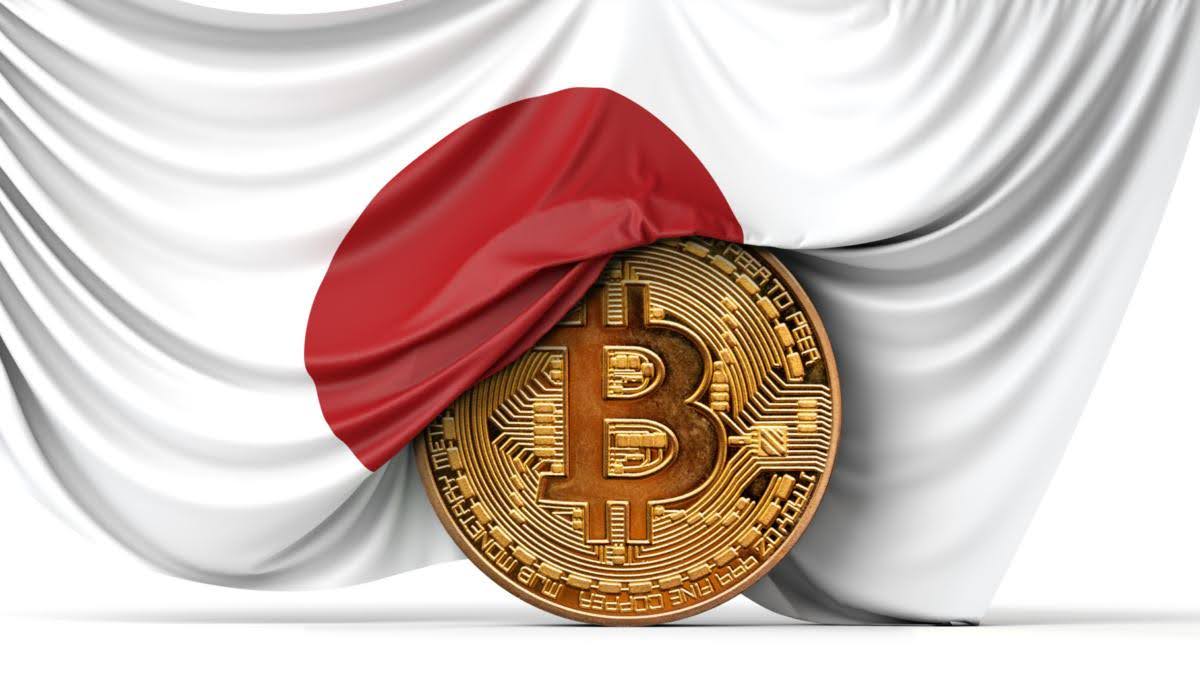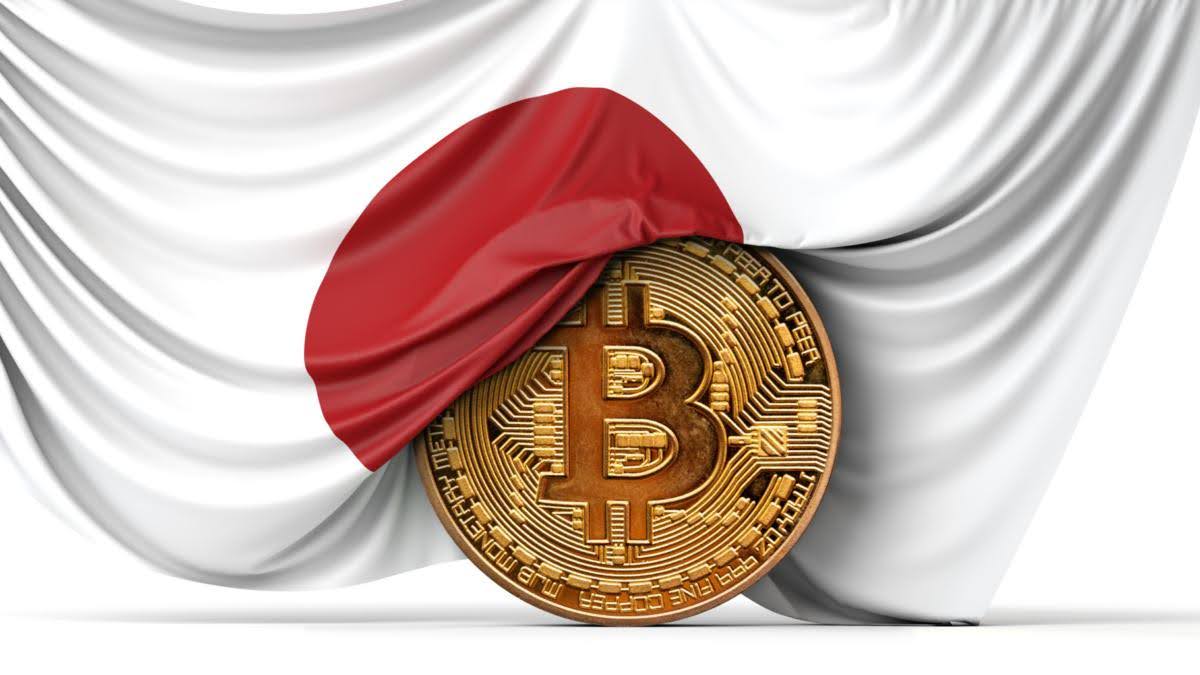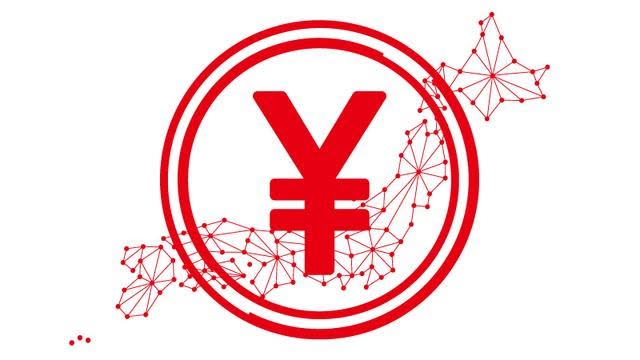Japan to Launch Digital Yen in 2026, Tapping Into $1.3 Trillion in Dormant Deposits

Key Takeaways:
- Japan Post Bank to launch digital currency “DCJPY” in 2026 to enable instant blockchain-based asset trading.
- $1.3 trillion in deposits targeted, aiming to activate dormant accounts and attract younger users.
- Digital yen to support security tokens and NFTs, enabling faster settlements and boosting fintech innovation.
Japan Post Bank, one of the largest financial institutions in Japan, is preparing a bold leap into the digital economy. In fiscal 2026, the bank will roll out its own digital currency linked to customer deposits, aiming to shake up how traditional savings interact with blockchain-based assets like security tokens and NFTs.
Read More: Japan Set to Approve First Yen-Backed Stablecoin

Japan Post Bank Taps Digital Currency to Unlock Dormant Trillions
Japan Post Bank, which has a staggering ¥190 trillion (~$1.29 trillion) in deposits will launch DCJPY, a yen-pegged digital currency. That action is perceived as a strategic effort to mobilize colossal inactive savings, much of which is in the hands of senior depositors and provide a new generation of investors with a simple access to digital resources.
DCJPY is developed by DeCurret DCP, a Tokyo-based digital currency firm affiliated with the Internet Initiative Japan group. The bank will also immediately connect traditional savings accounts directly to DCJPY wallets, which would enable users to exchange yen to digital money immediately via a mobile application, which is one of the steps towards quicker and more dynamic trading experiences.
1 DCJPY = 1 yen so that price stability and easy integration with the organized banking structure is maintained.
Read More: SBI Japan Files First Bitcoin–XRP ETF Amid Crypto Policy Shakeup
Instant Access to Security Tokens and Digital Assets
Japan Post Bank is planning to issue a digital currency that will allow retail clients to swap real-world (real estate and government bonds) tokenized assets using security tokens. They are instruments that usually sustain returns of between 3% – 5%, which is an alternative to the conventional low-interest bank deposit.
Faster Settlements, More Liquidity
Now, in Japan, the settlement period when buying digital securities takes place is two days. However, DCJPY will also allow payments and settlements to be made immediately and this will contribute significant increase in liquidity and efficiency in the trading process.
In addition, the customers will be able to conduct NFT transactions in DCJPY, which means that the bank is interested in exploring new digital marketplaces and covering a large variety of asset classes.
Aimed at Younger Investors and Digital Natives
The customer base of Japan Post Bank has long been older, which was left over by its past as a government-owned postal savings system. Nonetheless, in adopting digital finance and blockchain technologies, the bank will be pivoting aggressively toward younger and more tech-focused investors who are more mobile-first and decentralized assets.
This development may be very crucial in transforming the Japanese financial sector, especially with increasing involvement of retail investors in digital resources. The fact that savings accounts are combined with digital currency wallets reduces the entry barrier of the average consumer to diversify savings beyond the fiat currency as well.
Local Government Payments Could Go Digital Too
Besides financial trading, DCJPY can also be applied in the near future to disburse government subsidies and grants, providing an opportunity to computerize and automate municipal funds payments. DeCurret DCP has already negotiated with a number of local governments, and Japan Post Bank indicates that they will be willing to assist the rollout in case demand becomes a reality.

This would put Japan Post Bank at the vanguard of individual wealth and nationwide funds distribution, entrenching its place even more firmly in the financial revolution of the nation.
Tokenized Asset Market Set for Explosive Growth
The timing of Japan Post Bank’s digital currency aligns with global trends. Boston Consulting Group and Ripple have reported in a joint report that the market of tokenized real-world assets would grow to a high of $600 billion in 2025 and later grow to $18.9 trillion in 2033.
The financial institutions in Japan are facing mounting pressure to be innovative in a low-interest, aging economy, and digital assets are rapidly emerging as the most promising frontier. The profitability of the DCJPY of Japan Post Bank may have an impact on other banks in the country that are more likely to use digital currencies.
The post Japan to Launch Digital Yen in 2026, Tapping Into $1.3 Trillion in Dormant Deposits appeared first on CryptoNinjas.

